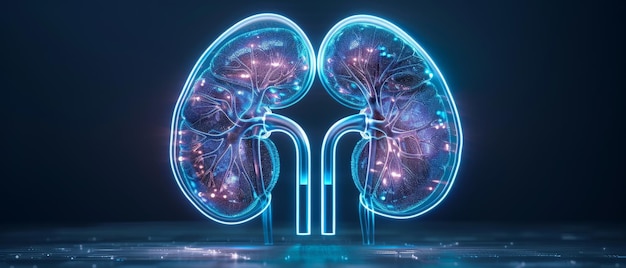
Imagine needing dialysis, a critical treatment when your kidneys can no longer function properly. This tough situation can affect anyone, no matter their age or lifestyle. While lifesaving, dialysis requires major physical and emotional adjustments.
Thankfully, such extremes are often avoidable. Good kidney health is not just about steering clear of dialysis; it’s about taking proactive and smart steps now. You have the power to influence your kidney health, so let’s delve into effective ways to protect these vital organs through early care and prevention.
Dialysis steps in when kidneys fail severely, helping to filter waste from your blood. Kidney failure often stems from conditions like diabetes or high blood pressure. While not a cure, dialysis helps maintain bodily balance and extend life.
Here are the main types of dialysis:
Adapting to either hemodialysis or peritoneal dialysis means you’ll have to stick to a regular treatment schedule and make dietary changes. You’ll also need to cope with side effects like fatigue and muscle cramps, which requires emotional strength and support from both healthcare teams and loved ones.
Chronic Kidney Disease (CKD) involves a gradual loss of kidney function that can sneak up on you. Early signs include tiredness, changes in urination, swelling in your legs or ankles, persistent itching, and shortness of breath.
Recognizing these symptoms early is crucial for timely intervention. CKD can lead to end-stage renal disease if not properly managed. Diagnosing CKD generally involves blood and urine tests to measure kidney function indicators like creatinine levels and checking for abnormalities such as protein or blood in the urine. Key risk factors include diabetes, high blood pressure, obesity, older age, and a family history of kidney problems.
Regular check-ups are crucial, especially if you have these risk factors. Early detection and management can significantly slow the disease’s progression and lessen the need for more invasive treatments later on.
Your kidneys are vital to your overall health, so protecting them is important. Adopting specific lifestyle and dietary habits can greatly improve kidney function and health.
Focusing on these healthy habits can have a big impact on your kidneys. Remember, small daily changes can lead to significant improvements in your kidney health and your overall well-being.
In conclusion, keeping your kidneys healthy is essential for your overall well-being. Simple daily actions and informed choices play a key role in this process. By adopting a lifestyle that supports your kidneys and seeking advice from healthcare professionals, you not only prevent potential health issues but also improve your quality of life.
Taking care of your kidneys is a powerful form of self-care. Each positive change you make contributes to your long-term health. By consistently focusing on your well-being and staying aware of your overall health, you’re building a strong foundation for a healthier future.